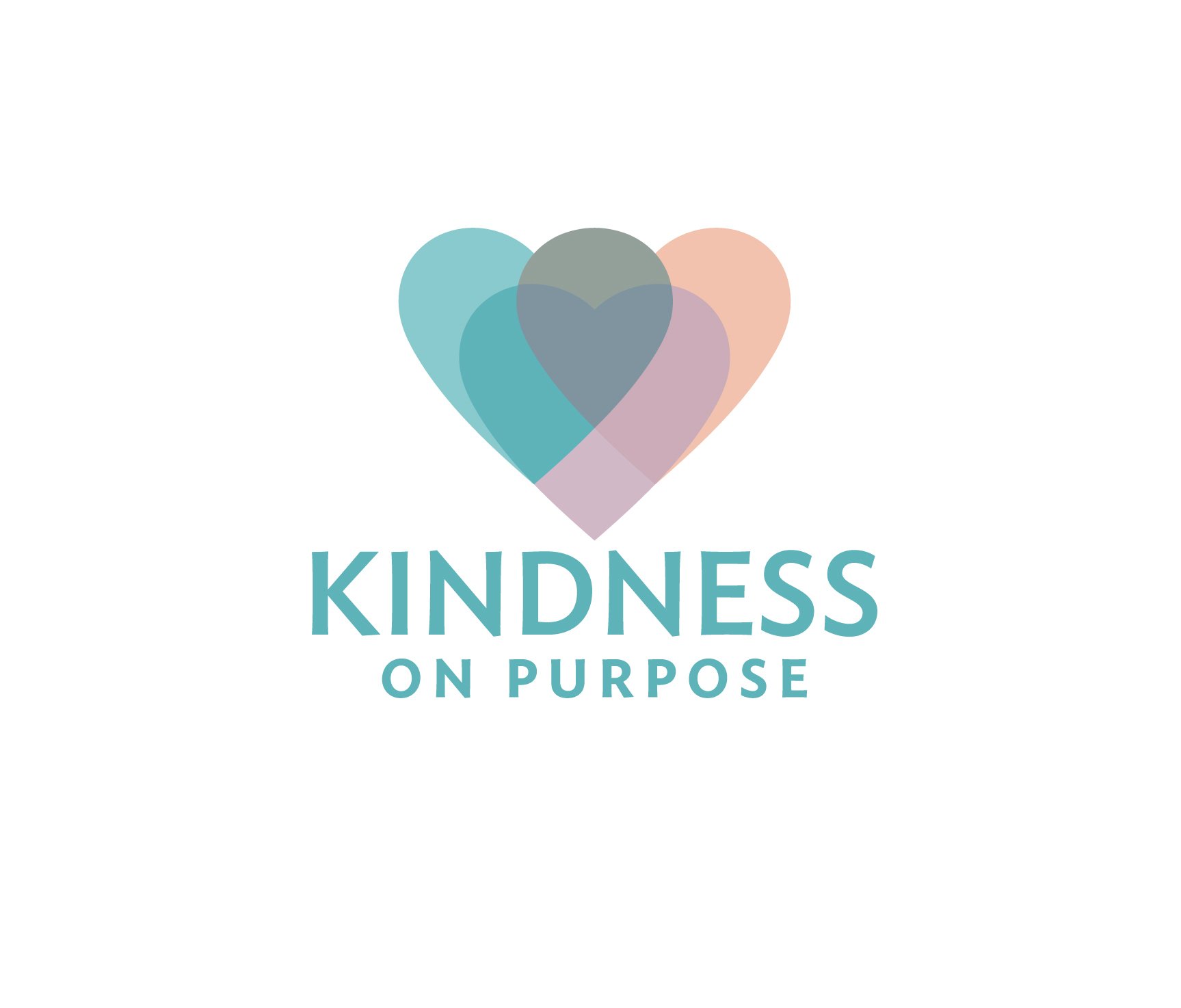10 ways empathy will transform your child's life.
Empathy is a funny word that can be confusing to understand. At best many see empathy as being a wishy washy concept that has something to do with other peoples feelings.
The Oxford Dictionary defines empathy as the ability to understand and share the feelings of another.
Increasing empathy in schools is now being shown to decrease the incidence of bullying both in the playground and in the classroom. Empathy is a powerful force within your child’s emotional toolkit and research has shown that when children and adults are connected to their sense of empathy they are more likely to have;
1. Greater ability to learn at school and achieve better academic results
2. Less likely to become a bully at school
3. Lower rates of depression and anxiety
4. A greater capacity for positive behaviour with friends, family and in the community.
5. More tolerance of difference and diversity
6. Better skills to look after their feelings
7. Better communication skills
8. Greater sense of belonging
9. Are more caring towards others
10. Become highly successful leaders in their chosen field
Given there are so many benefits for your child then I am sure you may be wondering what are some simple steps I can take to help my child to develop their connection to empathy. Here are some ideas;
Kindness helps you to make that connection to empathy
The Kindness On Purpose program is a school based program that uses acts of kindness on purpose as an access point to empathy. Research has shown us that the when you increase empathy within individual students and across a whole school culture then there is a decrease in bullying and lower rates of depression and anxiety amongst children and adolescents. It has been in the process of developing the Kindness On Purpose programs in schools that I have seen the power of connecting kindness to empathy in action. Empathy can be a tricky concept for people to understand but everyone understand kindness.
Meal time conversations
Include kindness in your dinner time or night time conversations: Often when we ask our child "How was your day?" They will usually answer with one word - "good"
So its important to ask specific questions that invite examples of just how they spent their time at school. Children love to tell you about the good things that they do. And they want your praise. So here are a few questions that you could use to begin a conversation about kindness.
What were some kind words that you said today to help someone feel better?
What were some kind actions that you did today to help someone feel better?
How did they feel after you were kind?
Planning acts of kindness on purpose
You can help your child to plan to be kind to someone. Help them think of acts of kindness and then help them implement their kindness plan. It is important to talk to your child and explore with them how they hope the other person will feel after they are kind to them. This helps them to gain am empathic understanding about how their act of kindness on purpose made a difference.
Using positive language
Whenever possible include the virtue of kindness as a describing word for your family or for yourself or your child. Words are powerful and statements such as;
“We are a kind family.”
“ I am a person who likes to be kind to others.”
“You are naturally kind.” – said directly to your child will help to reinforce their connection to kindness.
Look for examples of kindness in your community and throughout the world.
Encourage your children to look for examples where people have been kind to others in your community and across the world. Supporting your child to see the world and their community as places where kind things happen helps them to feel safe and encourages them to have a more positive outlook on life. It also balances any exposure they may have to negative world events. Finding examples of other people being kind also helps to normalise that acts of kindness toward others is an every day occurrence and something that we all engage in.

